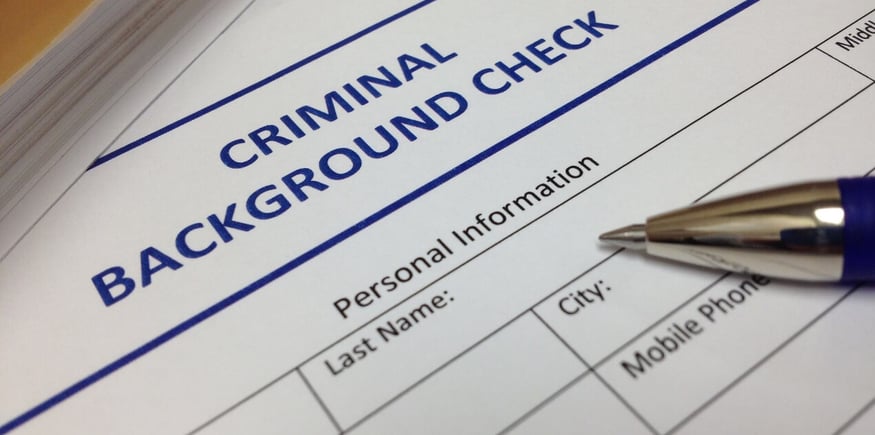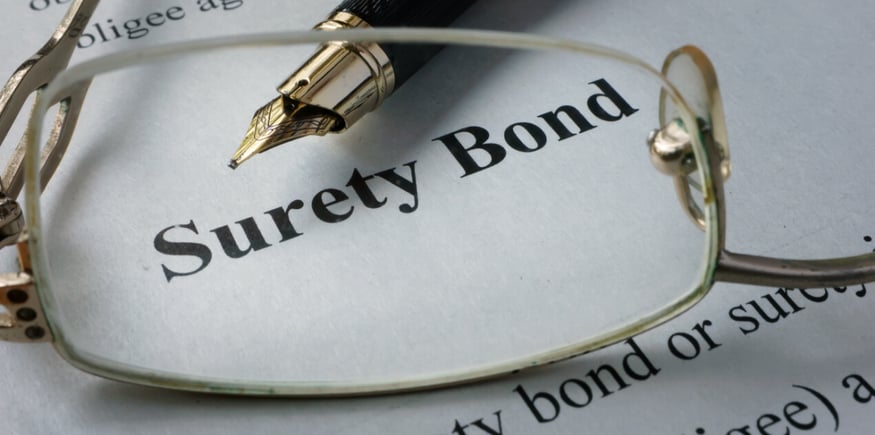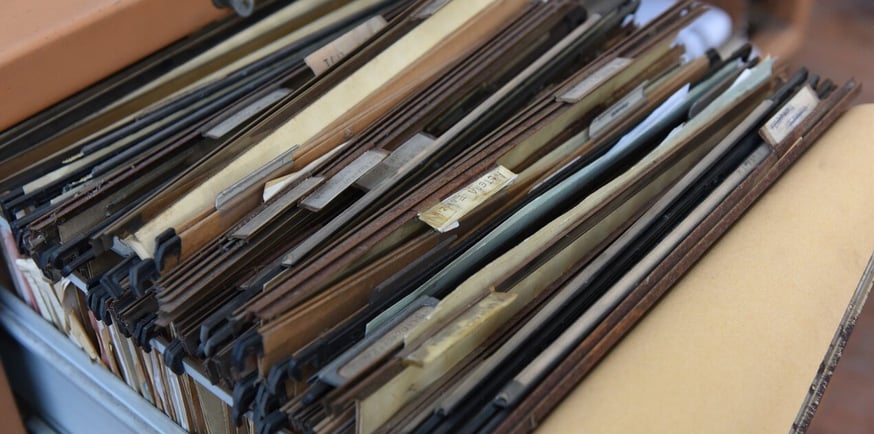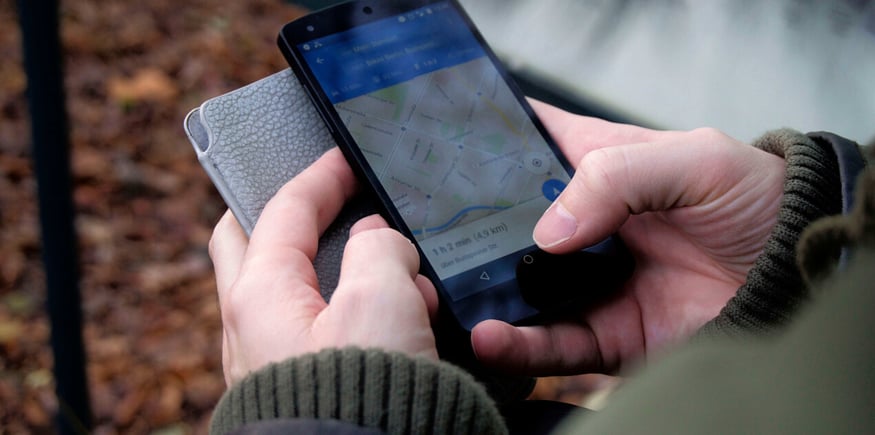Stay Updated With Us
Follow our blog and media to see the latest trends, tips, and disrupters in automotive
This guide is written for used car dealers who are in the process of applying for their license. We’ve kept the guide high level and simple for a general audience.
Selling used cars can be a highly lucrative career. As you might expect, a license is required before you're able to legally sell automobiles. But, not everyone knows how to go about getting a used car dealers license. In this guide, we'll explore the necessary steps that you need to take.
Let's take a look at everything you need to know about getting your used car dealer license:

Each state will have its own individual requirements for obtaining your license. So, it’s essential that you check with your local independent dealer association in order to ensure that you know which processes to follow.
You can contact either your Department of Licensing or your Department of Motor Vehicles (DMV) to find out more information about your state’s regulations.
It’s also crucial to remember to apply for your used vehicle dealer license. Otherwise, you may accidentally begin an application for a new vehicle dealer license or a wholesale vehicle dealer license.

As previously mentioned, the specific requirements for obtaining your license will vary depending on the state that you live in. In general, though, you’ll likely find that you need to provide proof of insurance, have a properly registered business, and meet the necessary zoning criteria imposed by your state’s government.
You may also need to pass a background check, and certain criminal history may prevent you from obtaining your license or other support.
Depending on what type of equipment you’re going to include at your facility, you may need to meet further insurance requirements. This is especially true if you’re used car business is also going to have an area on-site that you used to repair vehicles.
In addition, you'll need to have an idea of where your physical location will be located for your business. Garage liability insurance is also required in order to further protect your business.

After you contact your local department for more information on your state’s license requirements, you can begin filling out your application.
You’ll need to include your legal business name (as well as DBA If applicable), tax information about your business entity or partners, etc.
In order to get approved as quickly as possible, it’s essential that you ensure that this information is completely accurate. Otherwise, you risk your application being held for clarification or even denied.
For your convenience, applications in most states include a wealth of resources that details all of the regulations you must adhere to.

This step is one that those who are new to the industry often don’t expect.
In order to protect the financial safety of your customers, you’ll need to purchase a Motor Vehicle Dealer bond. In the event that an individual believes that your business practices are unethical, they can make a claim against the bond.
The cost of this bond will depend highly on the provider, but may also vary from state to state.
The process will also depend on what state you'll operate your business in. In Georgia, for example, you'll need to work with an underwriter at a surety bond company that will assess how much of a 'risk' you are for the bond provider.
To help facilitate obtaining your bond, you'll typically need to provide information about your business plan, available credit, cash flow, etc.

After you’ve collected the necessary documents and ensured that all the information is factual, it’s time to submit your necessary paperwork. You can do so either at your DMV or auto dealer licensing service department.
Assuming there are no complications, all you have to do is wait until your application is approved. If information needs to be clarified or if additional information is required, the appropriate department will contact you.
Once you're approved, you’re ready to start running your own used car business. But, having a valid license doesn’t make being a business owner any easier.
Fortunately, there are a few steps you can take in order to optimize how well your company is run. Let’s explore some of the most notable.

It will be notably difficult for people in your local area to find you if you don’t have a website. Although you still have the opportunity to utilize other forms of advertising, many people tend to search for local businesses on Google and your dealer website needs to be there.
In fact, having a high-quality website can be viewed as your digital showroom and a fraction of the cost of your physical lot. Be sure to use an industry-focused website with applicable integrations rather than a generic WordPress site.

There’s a large handful of software that you can utilize to help make your life as a business owner more streamlined. A Dealer Management System (DMS), for example, is a particularly useful one.
This will help you keep track of deal information, paperwork, vehicle inventory, etc. Actions like searching through available inventory, running credit checks, and structuring contracts all become seamless processes.
Most smaller businesses incorporate customer relationship management (CRM) software in order to cultivate an ongoing connection with their customer base as well as manage new internet leads. This typically includes automating drip emails, texting, Facebook messenger, etc.

When searching for a lot that's suitable for your business, you'll need to keep a couple of factors in mind:
![]() Your lot should be in a conveniently-located area with a high amount of visibility
Your lot should be in a conveniently-located area with a high amount of visibility
![]() It should be large enough to accommodate the size of your inventory
It should be large enough to accommodate the size of your inventory
By ignoring even one of the above two factors, you run the risk of performing sub-optimally as a used car dealer. This can easily lead to fewer sales, slow/stagnant growth, etc.
This process isn’t quite as intimidating as it may first seem. By following the steps above, you’ll likely have no issue acquiring your license.
The real work begins once you open the doors of your dealership and start competing in the used car marketplace. To help you get started, we’ve put together state independent auto dealer association resources for your reference that can help answer your questions from dealer license paperwork to opening your second, third, and fourth store.
Phone Number: (800) 682-3837 / (817) 640-3838
Phone Number: (832) 767-4759
Phone Number: (205) 942-1000
Phone Number: (480) 285-8227
Phone Number: (501) 882-6564
Phone Number: (916) 893-3306
Phone Number: (303) 239-8000
Phone Number: (800) 237-0448
Phone Number: (770) 745-9650 Toll Free: (800) 472-8101
Phone Number: (808) 895-6224
Phone Number: (208) 463-7709
Phone Number: (219) 661-0287
Phone Number: (319) 643-5403 / (866) 962-9202
Phone Number: (781) 278-0077
Phone Number: (800) 879-3433
Phone Number: (601) 939-9866
Phone Number: 800-889-1073
Phone Number: (406) 749-8823
Phone Number: (402) 474-3810
Phone Number: (505) 232-0809
Phone Number: (704) 455-2117
Phone Number: (614) 863-5800
Phone Number: (503) 362-6839
Phone Number: (704) 455-2117
Phone Number: (605) 310-8232
Phone Number: (866)-586-4232
Phone Number: (512) 244-6060
Phone Number: (800) 394-1960 / (757) 464-3460
Phone Number: (253) 735-0267
Follow our blog and media to see the latest trends, tips, and disrupters in automotive
Get expert advice on getting your CRM up-and-running fast. You don't have to be a big dealer to run your sales team like one.
© 2026 A1 Software Group Inc. All Rights Reserved.